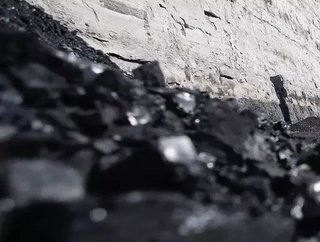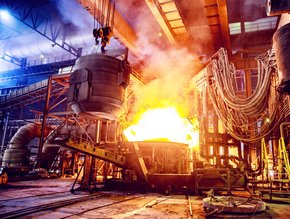Coal production from mining’s top ten set to increase

Coal production from the top ten mining companies (Coal India, China Shenhua, Yanzhou Coal, Peabody, China National Coal, Glencore, Siberian Coal, PT Bumi, BHP and Arch Resources) fell from a collective 1,704Mt in 2019 to 1,633Mt in 2020, which is a 4.2% decline.
The most significant declines were observed from Arch Resources (28.6%), PT Bumi (24.9%), Glencore (23.9%), and Peabody (21.8%), according to GlobalData, a leading data and analytics company.
GlobalData expects production from the top ten companies to be between 1,683-1,740Mt in 2021, which is an increase of up to 6.6% compared with the collective output in 2020 (1,633Mt). Operating activities, backed by the rollout of vaccine and strict COVID-19 protocols on-site, returning to normal is expected to be a key production driver for companies in 2021.

Coal
Production from Arch Resources (formerly Arch Coal) declined primarily due to the sale of the Holden #22 Surface mine in December 2019, coupled with weak economic conditions during Q1 2020. In addition, the temporary suspension of the Viper mine in Q2 2020 further disrupted the company’s coal production.
Vinneth Bajaj, Associate Project Manager at GlobalData, commented: “Heavy rainfall amid the outbreak of COVID-19 impacted PT Bumi’s output in 2020, while Glencore’s coal output fell for the fourth consecutive quarter as the company’s Colombian coal assets remained suspended as part of the COVID-19 preventive measures.
“Scheduled production cuts across the Australian portfolio also impacted the company’s overall output as did the placement of the Prodeco mine under care and maintenance and strikes at Cerrejon between August and December 2020.”
Peabody
Peabody’s output dropped primarily due to the upgrade of the main line conveyor system at Shoal Creek, alongside pit sequencing work at Moorvale and a dragline outage at Coppabella. In addition, the company also suspended operations at the Wambo underground mine for around 59 days during the second half of 2020. The closure of mines including Kayenta and Cottage Grove (Q3 2019) and Wildcat Hills (Q2 2020) further impacted the company’s output.
BHP
Bajaj continued: “BHP’s coking coal production was impacted by planned maintenance at the Saraji and Caval Ridge mines, environmental disruptions at La Nina, and lower yields at the South Walker Creek and Poitrel mines. Meanwhile, the thermal coal segment, from which the company is expected to exit in the near future, was affected by a 91-day strike at Cerrejon, which started on August 31, 2020.”
Coal India
“In contrast, production from Coal India rose by 4% owing to a recovery in the offtake from India’s power sector, which was supported by a resumption in industrial and commercial activities as the country’s electricity demand started to recover from the COVID-19 setback,” said Bajaj.
“Output from China Shenhua, Yanzhou and China National Coal Group also increased, rising by 3.1%, 10.2% and 8.1%, respectively, in 2020, mainly owing to a quick recovery in China, particularly during the second half of 2020.”
- Glencore concentrates copper experts in QuebecSupply Chain & Operations
- Investment in safety-related mining technology risingTechnology
- M&A in Brazil's mining industry increased by 75% in Q1 2023Supply Chain & Operations
- ACG, Glencore, and others acquire US$1bn mines in BrazilSupply Chain & Operations






